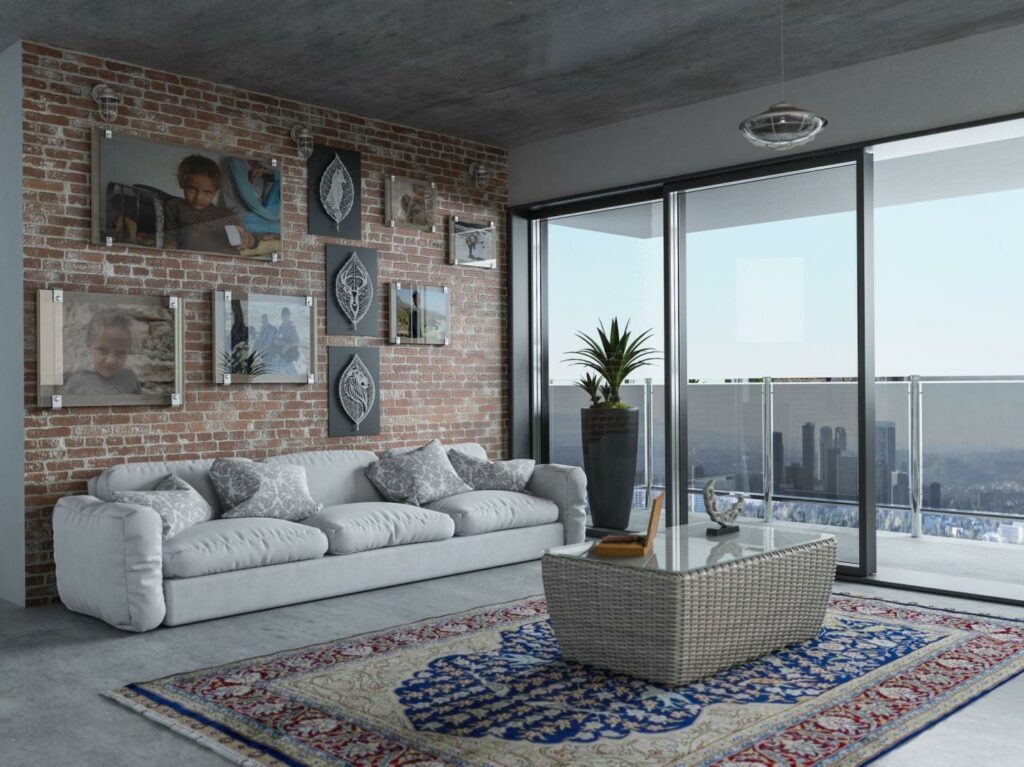If you want to get the windows tinted in your home, there are things you should know. Click here to learn all about residential window tinting.
Beautiful natural sunlight can cast your home in a stunning, golden glow. Unfortunately, over-exposure to that same natural sunlight can also leave your family’s skin health at risk.
UVA and UVB rays can cause sunburn and tanning, premature aging, sunspots, and wrinkles. Worse yet, there’s the risk of skin cancer, too.
Thankfully, residential window tinting can shield your home and your family.
In fact, window film can block up to 99.9% of UV radiation. However, there are a few things you need to know about home window tinting, first.
Keep reading to discover everything you need before you start window tinting.
1. Different Types Offer Different Benefits
Not every type of home window tinting is exactly the same. There are three main types to consider, depending on your goals.
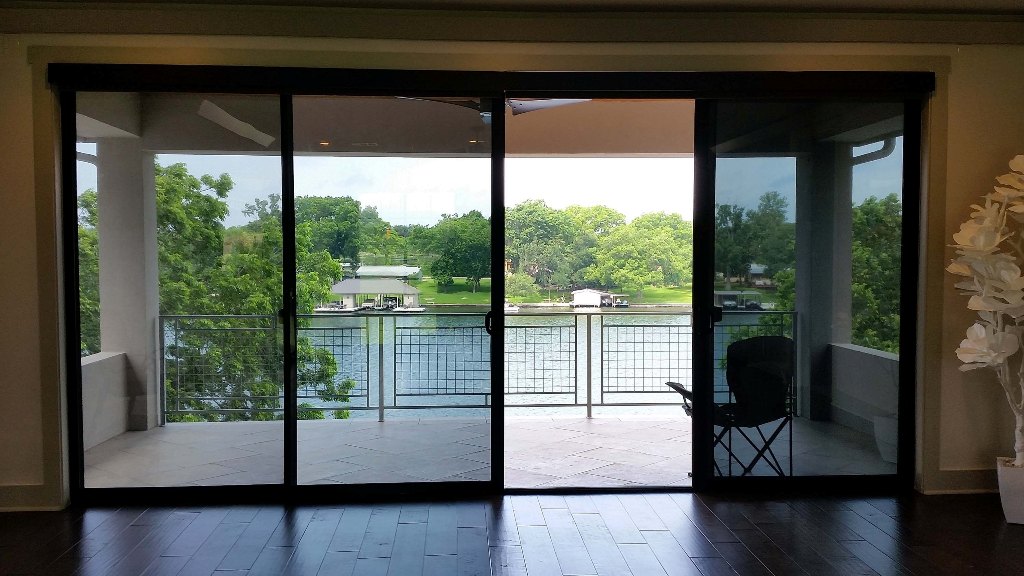
The first type is a solar home window tint.
If your main goal is improving your home’s energy efficiency, this type of tint is ideal. Solar film is thicker than decorative film but thinner than security film. It absorbs or reflects the sun’s UV rays.
Solar tints can help keep your home cool during the summer-time, but warm during the winter.
They also reduce glare and keep the sun from causing damage to your belongings. In addition to increasing comfort for your family, solar tints also help you save money.
The second type of home window tint is a security tint. This type of tint is best if your main concern is potential break-ins. The thickest type of film, these tints don’t reflect heat.
However, they can keep the window from shattering if a burglar or storm tries to cause damage.
Decorative window tints, on the other hand, are the thinnest type. They add beauty and privacy to a room by adding patterns or glass motifs to your windows. This type of film reflects the lowest amount of heat.
You can also use decorative tints to keep people from seeing into your home. To achieve this goal, an opaque frosted design is your best bet.
Regardless of the window tint you choose, tints can help you control the heat that flows throughout your home. Instead of inviting the sunshine in, you can protect your family, improve your home’s privacy, and increase energy efficiency.
Plus, there’s a wide range of options to chose from. Whether you’re looking for a shaded look or want something more aesthetically pleasing, window tints are effective and appealing for any home.
The Glass Matters
You can usually apply each of these films to the three most common types of window glass. These include heat-treated glass, annealed glass, and insulating glass. When applying film to these types of glass, there’s usually a minimal risk of damage to the window.
However, it’s important to note that some films aren’t compatible with every type of window glass.
Make sure to check the manufacturer’s documents for your windows before applying a film. You can also ask a company that offers professional tinting services to assess your windows first.
2. Know Your Manufacturer’s Warranty
In some cases, applying window film to your glass panes can invalidate your window manufacturer’s warranty.
Some manufacturers won’t cover defects if you try to modify the original windows. Applying aftermarket window tints to your windows can cause damage to certain types of glass if you’re not careful.
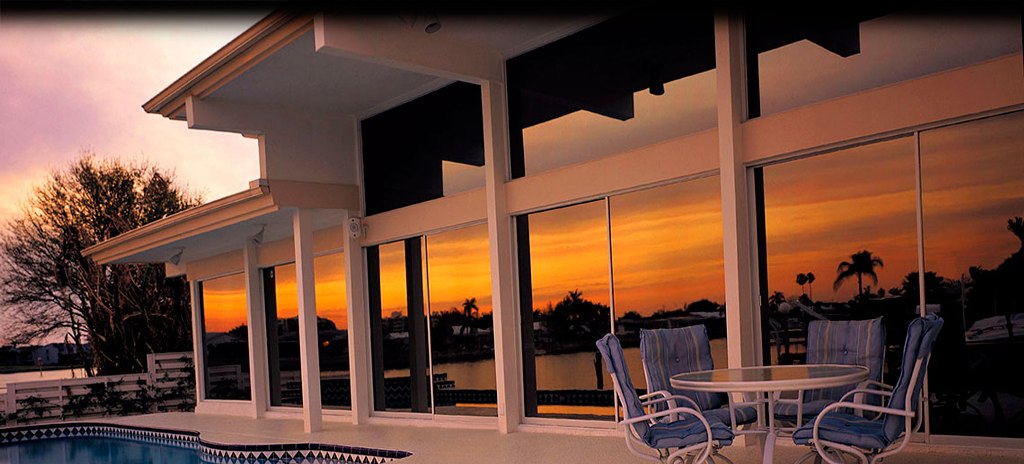
Before applying window film, confirm whether or not the warranty supports applying tints first.
A professional window tinting company can help you determine the best type of film for your home’s existing window glass. That way, you can avoid invalidating the manufacturer’s warranty.
3. Increase Energy Efficiency
Older windows lack low-emissivity coatings. A low-E coating is a thin layer of metal oxide on the window glass that helps block heat. Older windows without low-E coatings let the sunlight in.
This can leave your air conditioning system working double-time to try to keep your home cool. Unfortunately, that means unnecessary expenses.
Newer windows, on the other hand, already have these low-E coatings. Energy-efficient windows can help you save money in the long run and keep your home comfortable.
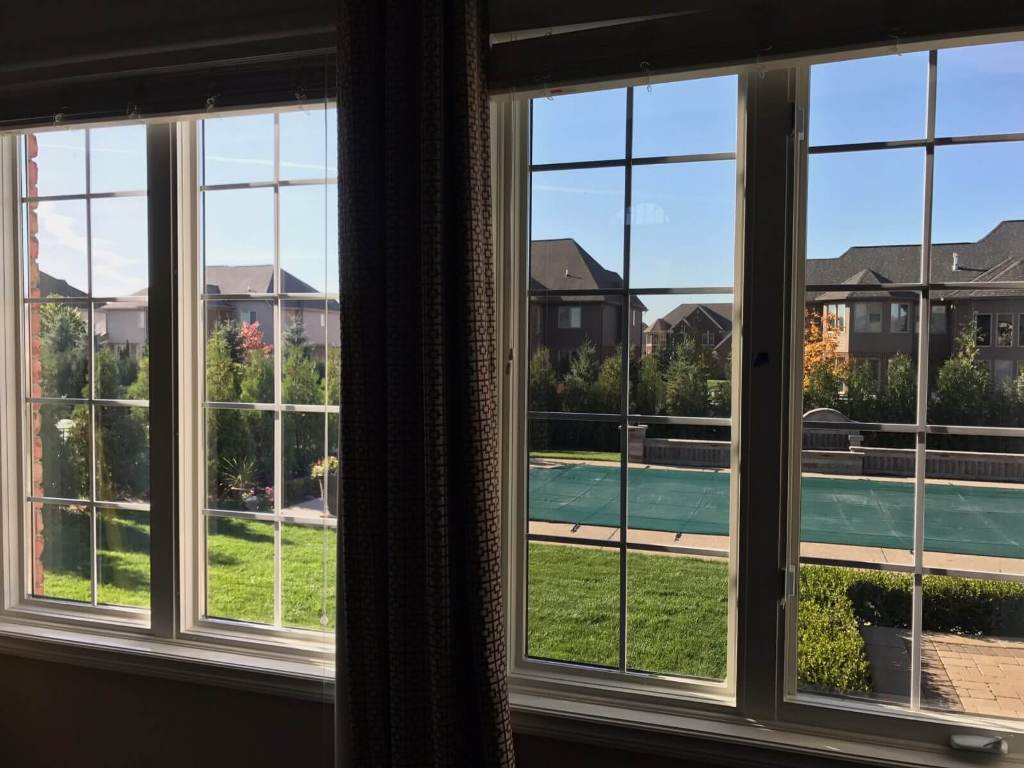
If you don’t want to spend money purchasing and installing new windows, residential window tinting is an effective alternative.
With window tinting, you can apply film to these windows to experience the same comfort, energy efficiency, and long-term savings.
4. The Economical Upgrade
Imagine the time and money you’ll have to spend researching, sizing, purchasing, and installing new windows throughout your entire home.
Residential window tinting services, on the other hand, can help you save time and money. Tinting is cheaper than many other window treatments. Instead of solar screens or cellular shades, you can choose the more economical upgrade: tinting.
Home window tinting will also provide you with long-lasting results.
While screens and shades can end up damaged after a storm, tints will last and look great, too. These films usually come with a 10- to 15-year warranty for interior films.
5. Easy to Install & Maintain
If you’re worried about a stressful installation process, you can have peace of mind with window tinting.
Residential window tints are easy to install.
First, the windows are thoroughly cleaned. Then, a solution is sprayed onto the glass, making it easier for the film to adhere to the window. The darker and thicker the tint, the longer it takes to cure and dry the film.
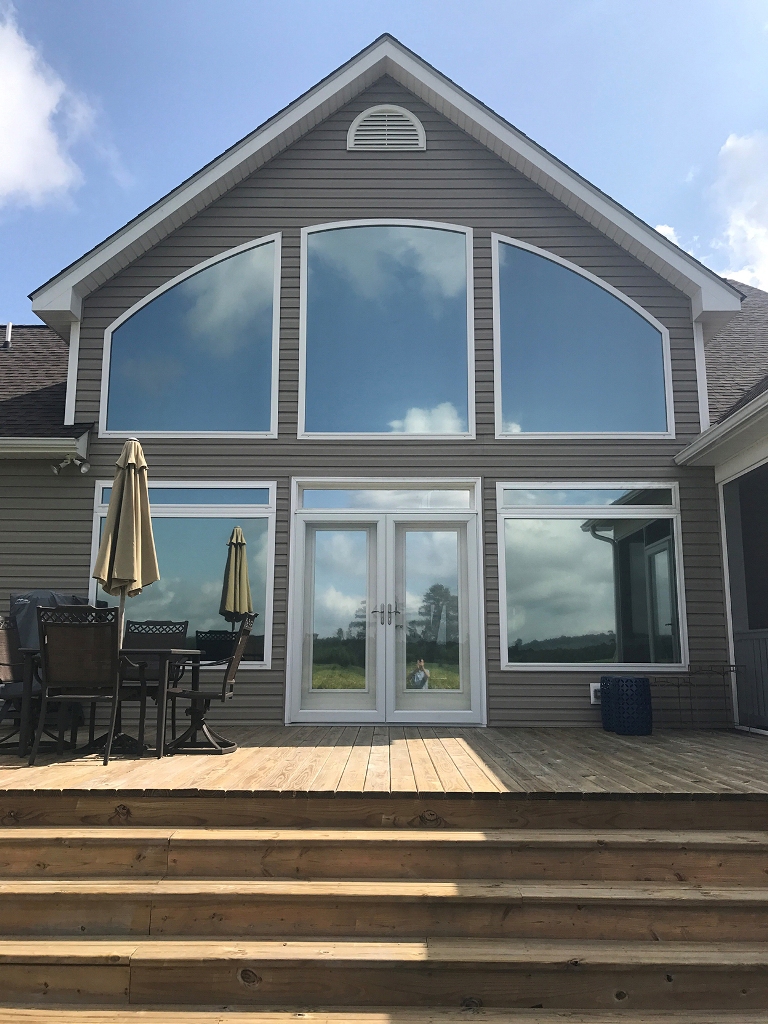
However, you may see a few bubbles during this process.
Once it’s done, you can clean your windows using a cleaner and soft cloth.
Unfortunately, installing window tints on your own can leave bubbles and wrinkles. If you’re concerned about dirt, streaks, cuts, or scratches, it’s best to hire a professional.
They can make sure your residential window tinting is done right. Instead of an accidental bubble ruining your window, you’ll get a pristine, beautiful finish.
Residential Window Tinting: Everything You Need to Know
Protect your home, your family, and your wallet! With residential window tinting, you can keep your home cool and avoid harmful UV rays from the comforts of your home.
Check the Residential Improvement section of our blog today for more helpful tips.
